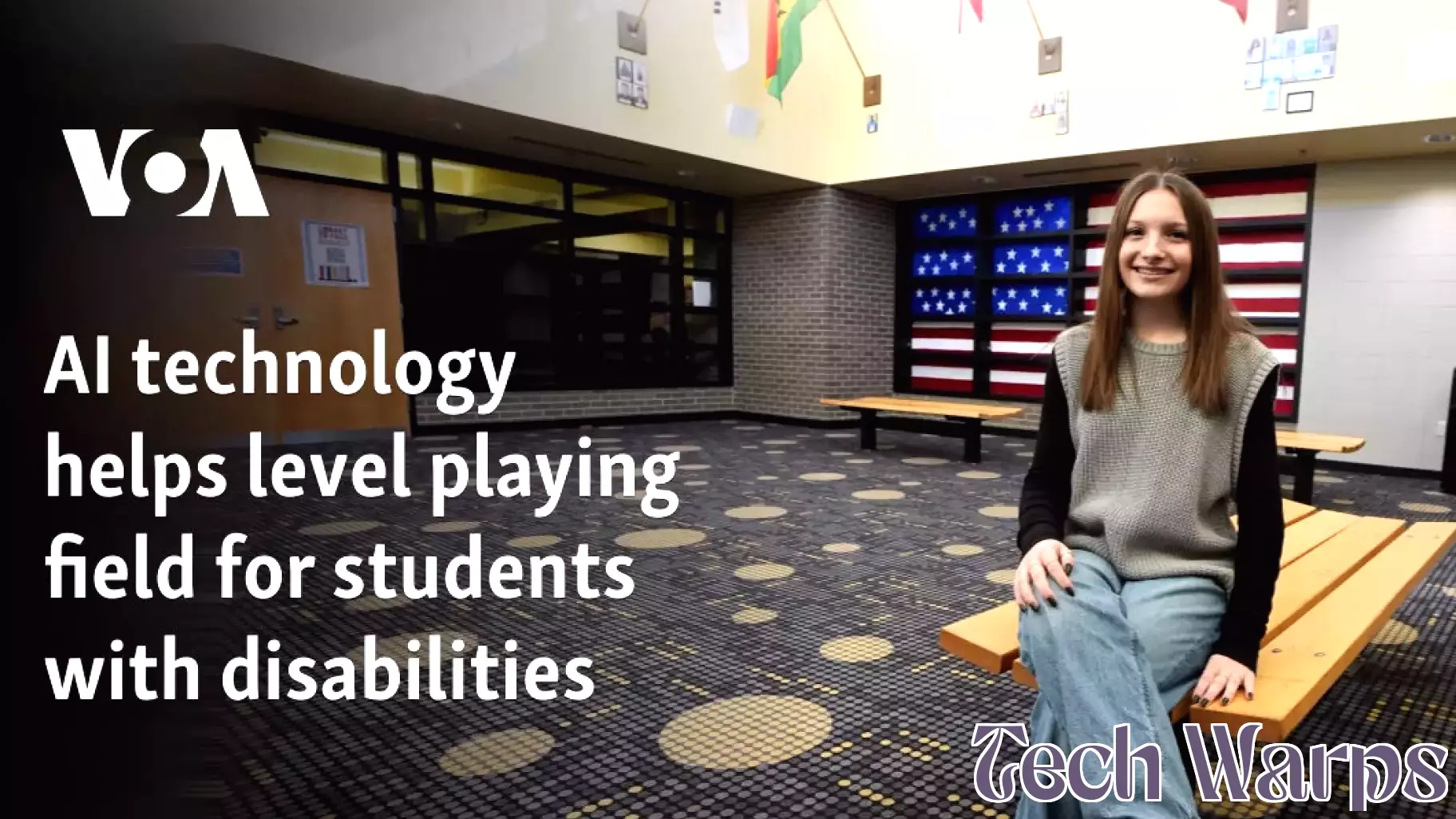Harnessing AI to Empower Students with Disabilities
December 29, 2024 - 14:07

Educators are increasingly exploring the transformative potential of artificial intelligence (AI) to create a more inclusive learning environment for students with disabilities. By leveraging advanced technologies, schools aim to provide tailored educational experiences that cater to individual needs, ultimately leveling the playing field for all learners.
AI tools can assist in various ways, such as offering personalized learning plans, facilitating communication, and enhancing accessibility. For instance, speech recognition software enables students with speech impairments to express themselves more easily, while text-to-speech applications support those with reading difficulties. Additionally, AI-driven platforms can analyze students' progress and adapt lessons in real-time, ensuring that each student receives the appropriate level of challenge and support.
As educators continue to embrace these innovative solutions, the goal is to foster an environment where every student, regardless of their abilities, can thrive academically and socially. The integration of AI in education not only enhances learning outcomes but also promotes a culture of inclusivity and understanding within the classroom.
MORE NEWS

March 5, 2026 - 04:52
ABB’s advanced space technology shines as EarthDaily releases first high‑precision imagesEarly imagery from a groundbreaking new Earth observation satellite is now available, showcasing a significant leap in environmental monitoring capabilities. The high-precision multispectral images...

March 4, 2026 - 03:17
Leadership Changes Announced at Zions Bancorporation's Technology and OperationsZions Bancorporation has announced immediate leadership changes within its technology and operations divisions. The restructuring aims to enhance the bank`s digital capabilities and operational...

March 3, 2026 - 19:30
From myth to machine: The technological evolution of storytellingThe art of storytelling has undergone a profound transformation, evolving from campfire myths to the algorithms of the digital age. This technological journey has fundamentally democratized the...

March 3, 2026 - 03:17
The Pentagon’s Favorite Tech Guy Is This Hawaiian Shirt-Wearing FounderPalmer Luckey, the founder of defense technology startup Anduril Industries, has become a central figure in the push to modernize the U.S. military. His signature casual attire, often featuring...